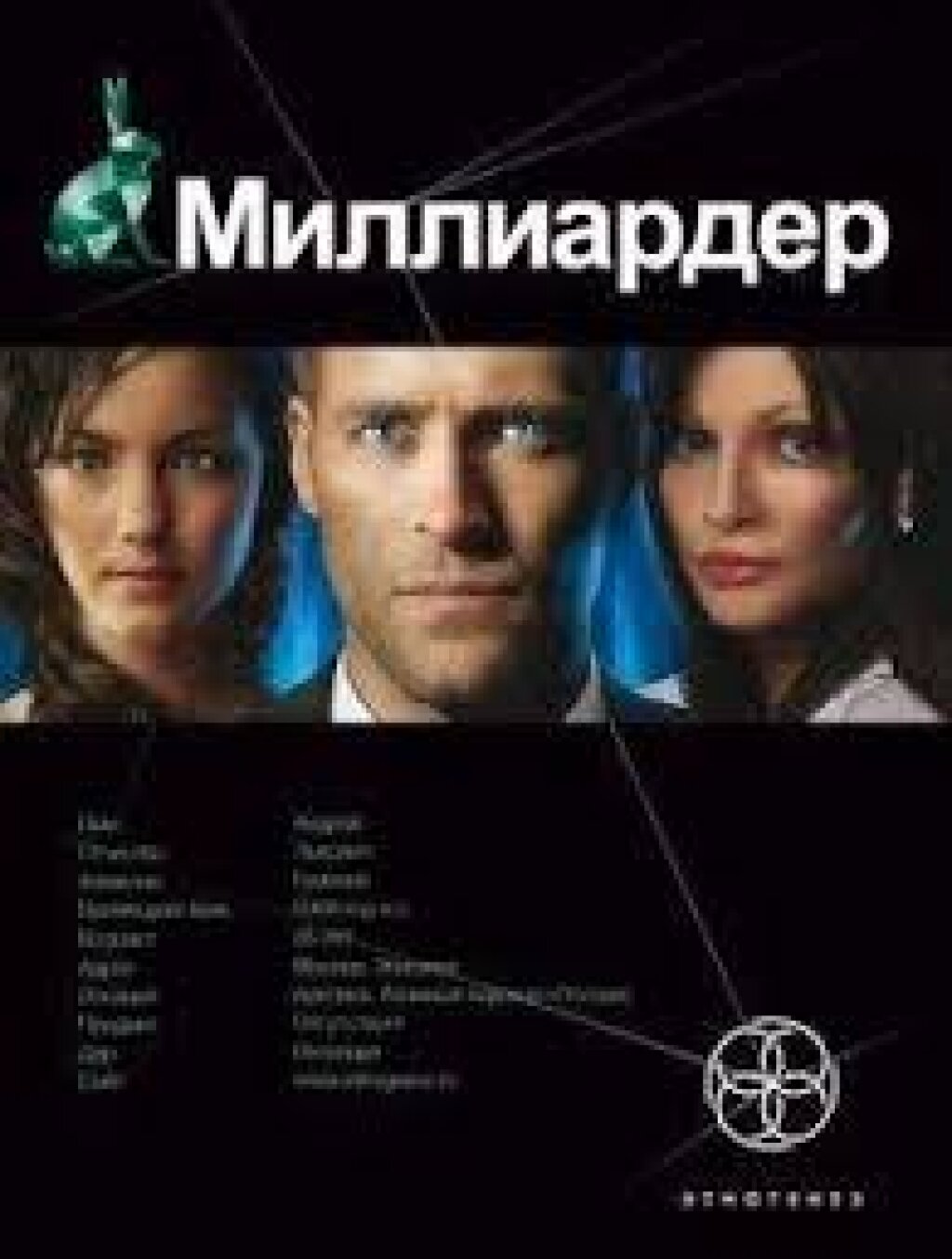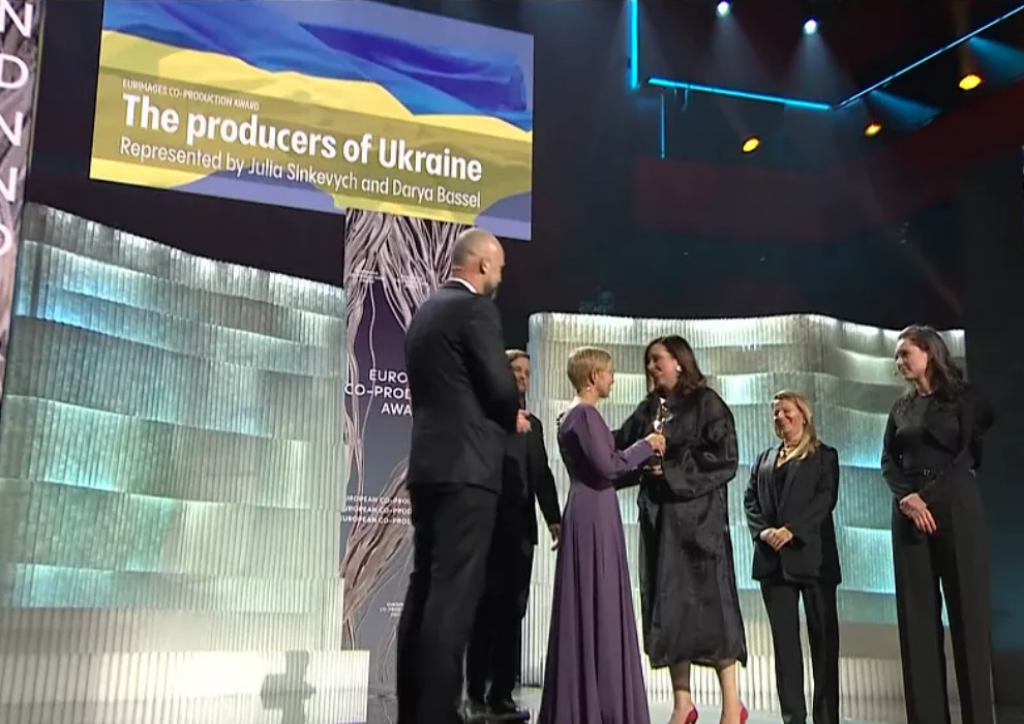This post is part of Chapter 2 of Russia’s Alien Nations: The Secret Identities of Post-Socialism, an ongoing feature on All the Russias. It can also be found at russiasaliennations.org. You can also find all the previous entries here.
The Billionaire trilogy, begun by Elena Kondrateva before Kirill Benediktov replaced her for the second and third installments, centers on a rich protagonist who is a titan of industry, a paragon of virtue, and a man with an impeccable pedigree: Andrei L’vovich Gumilev. Gumilev is the grandson of the famous poet of the same name (himself the protagonist of two other Ethnogenesis series) and the even more famous poet Anna Akhmatova (who barely merits a paragraph in one of the novels about her husband), as well as the son of Lev, the man whose theories give the series its name. And perhaps the most unbelievable aspect of these novels, which also involve transparent alien artifact hunters, a lost tribe of yeti, and a cryogenically frozen Adolf Hitler maintained by a colony of cloned Valkyries on a secret Antarctic base, is the fact that Andrei L’vovich never once brings up his famous forebears.
This is surprising not only because the hero’s name was famous long before he himself ever was, but because Gumilev, who repeatedly rejects the term “oligarch” as offensive, prefers to see himself and his kind as “aristocrats.” This trilogy and the series about Gumilev’s daughter Marusia actually confirm his argument, albeit on different terms: the Gumilev family is special because they carry a strain of alien DNA, either attracting the mysterious objects (in Marusia’s case) or endowing them with special abilities of which they themselves might not be aware (in Andrei L’vovich’s case).
Andrei L’vovich is both the culmination of his storied ancestry and, as befits a series entitled “Ethnogenesis,” the founder of a new and prosperous future for both Russia and humanity: Marusia is only the first of several of his descendants to appear in the books, and the technology he pioneers in the Billionaire trilogy will make the interplanetary, Russian-centered civilization of the twenty-fifth-century Sleepwalker trilogy possible. He is also one of the first of a new breed of rich Russians who develop, rather than exploit, their country.
In fact, Andrei L’vovich shares the popular contempt for the “classical oligarchs”:
As for the fact that the resources sold by [such] oligarchs to the West, along with the entire raw material infrastructure that allowed them to pump petrodollars from Tuymen and Yugorsk, belonged to them only by the whim of the liberal “fathers of privatization,” these people tried not to think about that. Just like their responsibilities to “this country,” as they liked to call Russia. [1] Gumilev, who tried to develop an economy of innovation for the good of all Russia, found these resource oligarchs unpleasant.” [2]
By contrast, we are told in the very beginning of the novel that, after the 1998 financial collapse, Gumilev “quickly understood that the implementing the technologies his center developed in Russia would be much more complicated and expensive than in the West, but that did not stop him.”
Indeed, one can’t help but wonder if Andrei L’vovich is meant to be an idealized version of….Konstantin Rykov: “While he was still in college Gumilev patented an array of IT inventions and became the first businessman to make millions on the Russian Internet.” If that is the case, the mastermind behind the Ethnogenesis series should find the Billionaire trilogy to be an unending source of flattery: The handsome Gumilev attracts nearly every woman he meets (though he is primarily monogamous), and keeps in such good shape that he manages to have “not a single gram of excess fat” on his body.
Next: Moving Beyond Money
Notes
[1] In Russian, referring to Russia as “this country” ("eta strana”) rather than the “motherland" or “fatherland” has come to be construed as dismissive and unpatriotic.
[2] Later in the first book, Gumilev says to another character, “Why are you looking at me like I’m Roman Abramovich?"



